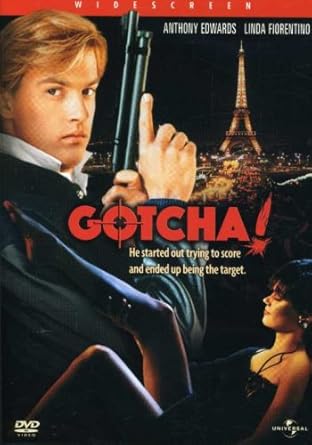I had suggested the style endorsed by the MLA isn't particularly useful unless you're writing literary analysis (because it isn't).
The student was aghast. He was good humored about it, but he didn't like hearing anything but praise for MLA style.
While those are not exactly fighting words, I actually appreciated the challenge.
It gave me a chance to explain why I prefer the social-science-friendly APA style when writing papers in composition and rhetoric.
 The student listened politely, but he was not convinced. He is an English major, and MLA has worked perfectly well all this time.
The student listened politely, but he was not convinced. He is an English major, and MLA has worked perfectly well all this time.We agreed to disagree...
Until today!
The course is a senior seminar, and we're investigating questions about writing skill transfer. Today we read Wardle's article "Mutt Genres."
As has often happened in this course, the students began discussing the following: The style of writing that has served them well for years in literature courses does not transfer very effectively when writing for other disciplines. This discussion typically revolves around concision. Other disciplines want more concision than these students are accustomed to.
One student referred to how "Mutt Genres" was concise, but claimed even that article could be trimmed down.
I challenged the student to point out something worth trimming in the article.
From the other side of the classroom, the student who had scoffed at my criticism of MLA style chimed in: "You know what could be cut, all the names of all the authors jammed into every sentence."
The student was referring to all of the references in Wardle's well-researched lit review.
And I had him!
You see, in MLA style, the first time you use an author's name in a sentence, you are expected to use both the author's given name and family name. When writing about literature, this convention is actually kind of nice. But that same convention is cumbersome when writing for a community that expects a paper to be loaded up with citations (looking at you, social sciences).
Mutt Genres" was published in College Composition and Communication, a journal that (frustratingly) requires authors to abide by the conventions of MLA style.
And I made a show of winning this battle.
I let the student know with a, "So, you're saying that there may be some scholarly genres that don't suit the MLA style?!?!?"
He conceded defeat, and I actually raised my arms in triumph.
Yes. It is a tiny and deeply contextualized victory, but it is my tiny and deeply contextualized victory.

No comments:
Post a Comment